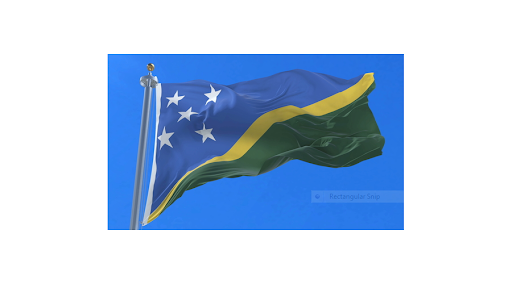As a young policeman serving in Ndola in then Northern Rhodesia( now Zambia) in 1963, rioting and arson in the local townships was a common occurrence and what always puzzled me from a psychological point of view was why the rioting and looting always concentrated on facilities like shops, schools and recreational buildings that served citizens very needs and interests
Successively, but periodically, since 1998, 2000, 2006, and last week in the Solomon Islands much as been the same with rioting, looting, property damage, street violence, and wanton criminality.
In Northern Rhodesia, in those early days, I put the criminality down to overt political motivation leading up to independence and an end to Colonial rule.
What do I make of the occurrences of criminality that have occurred regularly in the Solomon Islands from a viewpoint of motive and psychology?
There is a view that people in crowds act differently – more violently, more passionately and with a compromised moral compass – than individuals acting alone.
It is certainly true that crowds were violent in Honiara last week but what was the main motivation?
When I see TV reports of the recent violence the main argument being “pushed” is that the uprising was in response to the change of diplomatic relations by the Solomon Islands government of the People’s Republic of China (PRC) and the cessation of ties with Taiwan after a period of more than 35 to 36 years.
A thorough analysis of last week’s incidents may well bring evidence to substantiate such a theory, but to my mind, there is much more to be taken into consideration.
Firstly, I believe citizens generally feel ineffective, they are not in control of their lives, because of unemployment, low-paying jobs, and too few, financial hardships, housing difficulties, and political concerns. In a few words, they basically don’t feel respected or that they are allowed to make a difference. One example is the exclusion of local contractors in building the infrastructure ahead of the Pacific Games in 2023.
On the question of the shameful acts of looting, one can say that looting makes powerless people suddenly feel powerful and become intoxicating and an opportunity for the “have not’s” to obtain goods and property they could not otherwise acquire, and with little chance of being caught during widespread civil strife on the streets.
Now is the time for a full analysis to uncover all the causes and come up with practical lasting solutions to last week’s civil unrest and this must involve leaders from all sides of politics, provincial leaders, academics, and the people themselves because I feel, violence was a means of anti-social kick-back arising from being left out, let down and essentially powerless.
Yours sincerely
Frank Short



